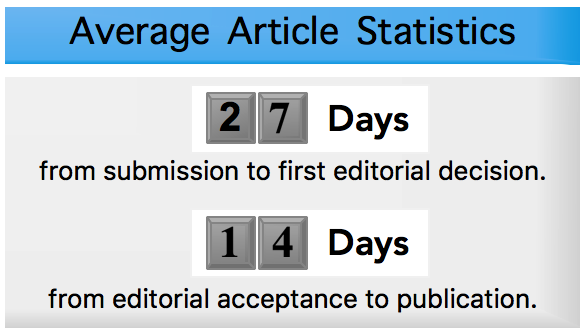Downloads
Abstract
The post-genomic era consists of experimental and computational efforts to meet the challenge of clarifying and understanding the function of genes and their products. Proteomic studies play a key role in this endeavour by complementing other functional genomics approaches, encompasses the large-scale analysis of complex mixtures, including the identification and quantification of proteins expressed under different conditions, the determination of their properties, modifications and functions. Understanding how biological processes are regulated at the protein level is crucial to understanding the molecular basis of diseases and often highlights the prevention, diagnosis and treatment of diseases. High-throughput technologies are widely used in proteomics to perform the analysis of thousands of proteins. Specifically, mass spectrometry (MS) is an analytical technique for characterizing biological samples and is increasingly used in protein studies because of its targeted, nontargeted, and high performance abilities. However, as large data sets are created, computational methods such as data mining techniques are required to analyze and interpret the relevant data. More specifically, the application of data mining techniques in large proteomic data sets can assist in many interpretations of data; it can reveal protein-protein interactions, improve protein identification, evaluate the experimental methods used and facilitate the diagnosis and biomarker discovery. With the rapid advances in mass spectrometry devices and experimental methodologies, MS-based proteomics has become a reliable and necessary tool for elucidating biological processes at the protein level. Over the past decade, we have witnessed a great expansion of our knowledge of human diseases with the adoption of proteomic technologies based on MS, which leads to many interesting discoveries. Here, we review recent advances of data mining in MS-based proteomics in biomedical research. Recent research in many fields shows that proteomics goes beyond the simple classification of proteins in biological systems and finally reaches its initial potential – as an essential tool to aid related disciplines, notably biomedical research. From here, there is great potential for data mining in MS-based proteomics to move beyond basic research, into clinical research and diagnostics.
Issue: Vol 2 No 4 (2019)
Page No.: 258-276
Published: Mar 24, 2020
Section: Review
DOI: https://doi.org/10.32508/stdjet.v2i4.483
Download PDF = 672 times
Total = 672 times

 Open Access
Open Access 








